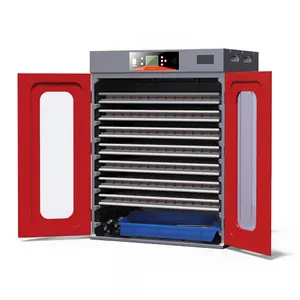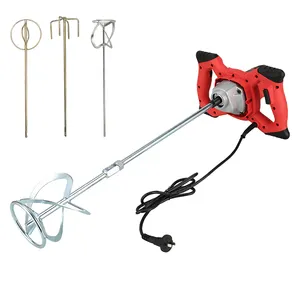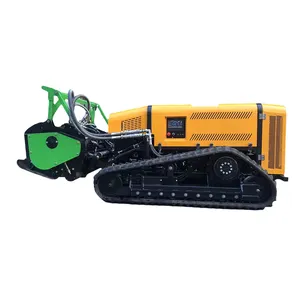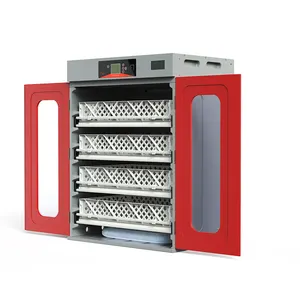Popular in your industry






































































Related Searches:





























































































































Top categories
About cold storage warehouses equipment
Refrigerated cold storage is a temperature-controlled environment that is used to store perishable goods. Cold storage warehouses are an essential part of the supply chain, ensuring that products remain fresh and safe for consumption. They are used to store a wide range of products, including fruits and vegetables, dairy products, meat and poultry, seafood, and pharmaceuticals. In a refrigerated cold storage, the temperature is typically maintained between 0 and 4 degrees Celsius. This temperature range is ideal for slowing down the growth of bacteria and other microorganisms that can cause food spoilage. Therefore, cold storage warehouses are equipped with specialized equipment to maintain the required temperature and ensure the safety and quality of the stored products.
Types of cold storage warehouses equipment
The cold storage forklift is a specialized forklift designed to operate in cold storage environments. These forklifts are equipped with features that allow them to work efficiently in low-temperature conditions. Some common features of cold storage forklifts include insulated cabs, heated seats, and cold-resistant tires. These forklifts are often used in industries such as food and beverage, pharmaceuticals, and cold chain logistics. They play a crucial role in the day-to-day operations of cold storage warehouses by facilitating the movement of goods within the facility.
Refrigeration systems are an essential component of cold storage warehouses. These systems are responsible for maintaining the desired temperature inside the facility. The two main types of refrigeration systems used in cold storage warehouses are direct expansion (DX) systems and ammonia refrigeration systems. DX systems work by circulating refrigerant directly through the evaporator coils, where it absorbs heat from the air inside the cold storage. The refrigerant then moves to the condenser, where it releases the heat to the outside environment. Ammonia refrigeration systems, on the other hand, use ammonia as the refrigerant. These systems are known for their efficiency and are often used in large cold storage warehouses. However, they require careful monitoring and maintenance due to the potential hazards associated with ammonia leaks.
The cold storage conveyor is a type of conveyor system designed to operate in low-temperature environments. These conveyors are used to transport goods within the cold storage facility. They are equipped with features such as insulated belts, cold-resistant materials, and specialized controls that allow them to function in temperatures as low as -30 degrees Celsius. Cold storage conveyors are commonly used in industries such as food processing, pharmaceuticals, and cold chain logistics, where the efficient and hygienic movement of products is essential. These conveyors play a crucial role in automating the transportation of goods within the cold storage warehouse, improving efficiency and reducing the risk of product damage.
Advantages of cold storage warehouses equipment
The cold storage forklift is an essential tool for the efficient operation of cold storage warehouses. These forklifts are designed to withstand the challenges of low-temperature environments and provide reliable performance in the handling and transportation of goods. The cold storage forklift is equipped with features such as insulated cabs, cold-resistant tires, and heated components, which allow them to operate effectively in temperatures as low as -30 degrees Celsius. These forklifts are also designed to prevent condensation and ice buildup, reducing the risk of accidents and ensuring worker safety. Additionally, the use of cold storage forklifts helps streamline the workflow in cold storage warehouses by enabling the quick and efficient movement of products, contributing to overall operational efficiency.
Refrigeration systems are another essential component of cold storage warehouses. These systems play a crucial role in maintaining the required temperature to preserve the quality and safety of perishable products. A consistent and controlled temperature environment is essential for extending the shelf life of products and preventing spoilage. Refrigeration systems also contribute to energy efficiency by utilizing advanced technologies such as variable frequency drives and energy management systems. This not only helps in reducing energy consumption but also in minimizing operational costs. Furthermore, the ability to monitor and control the temperature remotely enhances the overall management and optimization of the cold storage environment. Overall, refrigeration systems play a vital role in the effective and sustainable operation of cold storage warehouses.
Business opportunities associated with cold storage warehouses equipment
The cold storage forklift is an integral part of the operations in cold storage warehouses and plays a crucial role in the efficient handling and transportation of goods. As the demand for cold storage facilities continues to grow, there is a corresponding need for specialized equipment like the cold storage forklift. This trend presents business opportunities for manufacturers and suppliers of cold storage forklifts to expand their market presence and cater to the increasing demand. Moreover, the implementation of advanced technologies, such as automation and telematics, in cold storage warehouses equipment further enhances operational efficiency and opens avenues for the development of innovative solutions within the cold storage industry. The integration of these technologies not only improves the performance of cold storage equipment but also offers opportunities for the development of smart and interconnected systems that enhance the overall management of the cold storage environment. Additionally, the focus on sustainability and energy efficiency in cold storage operations creates a demand for equipment that aligns with these principles. Manufacturers and suppliers of cold storage equipment can capitalize on this trend by developing and offering environmentally friendly and energy-efficient solutions that cater to the evolving needs of the industry.






































































